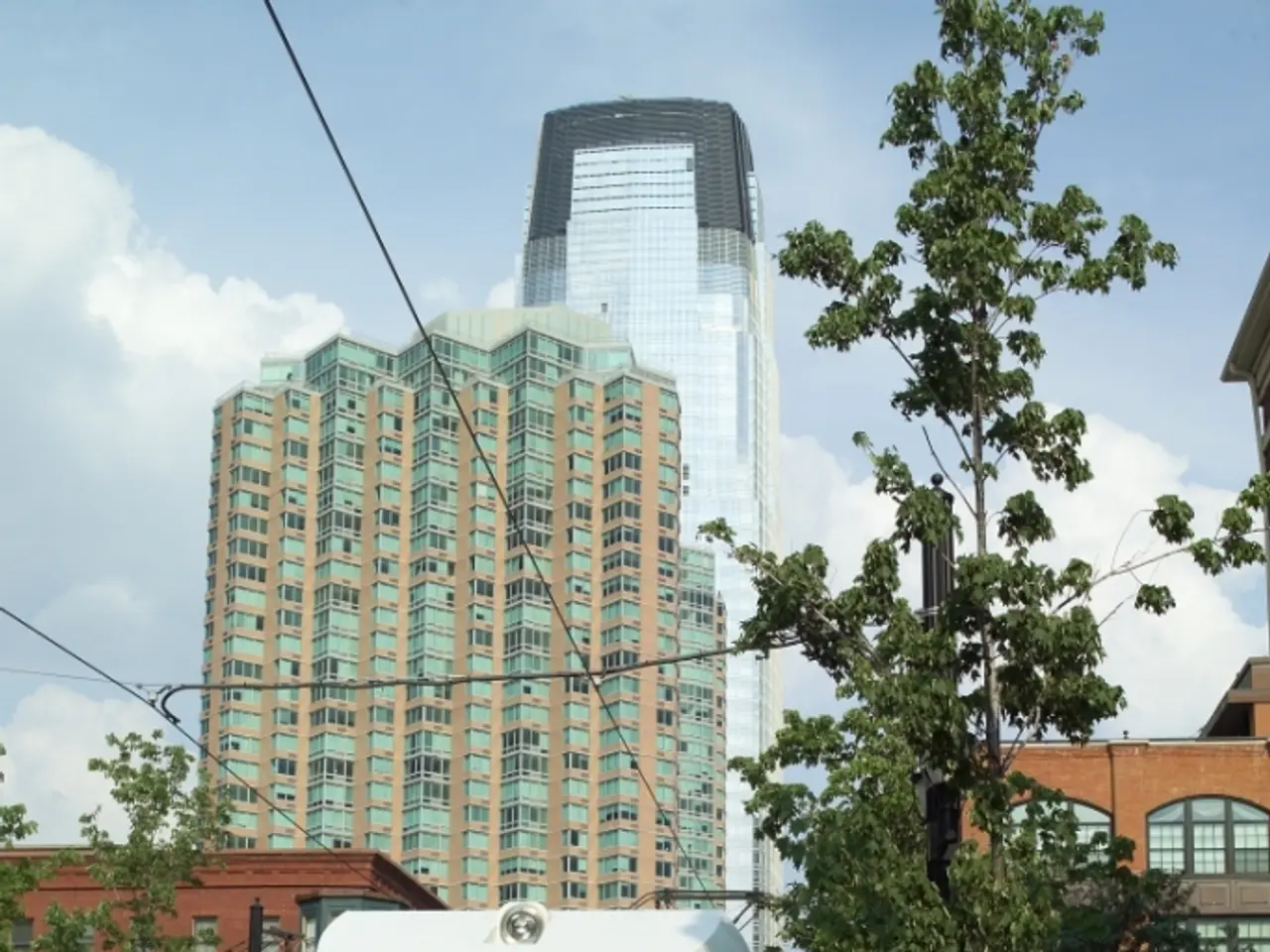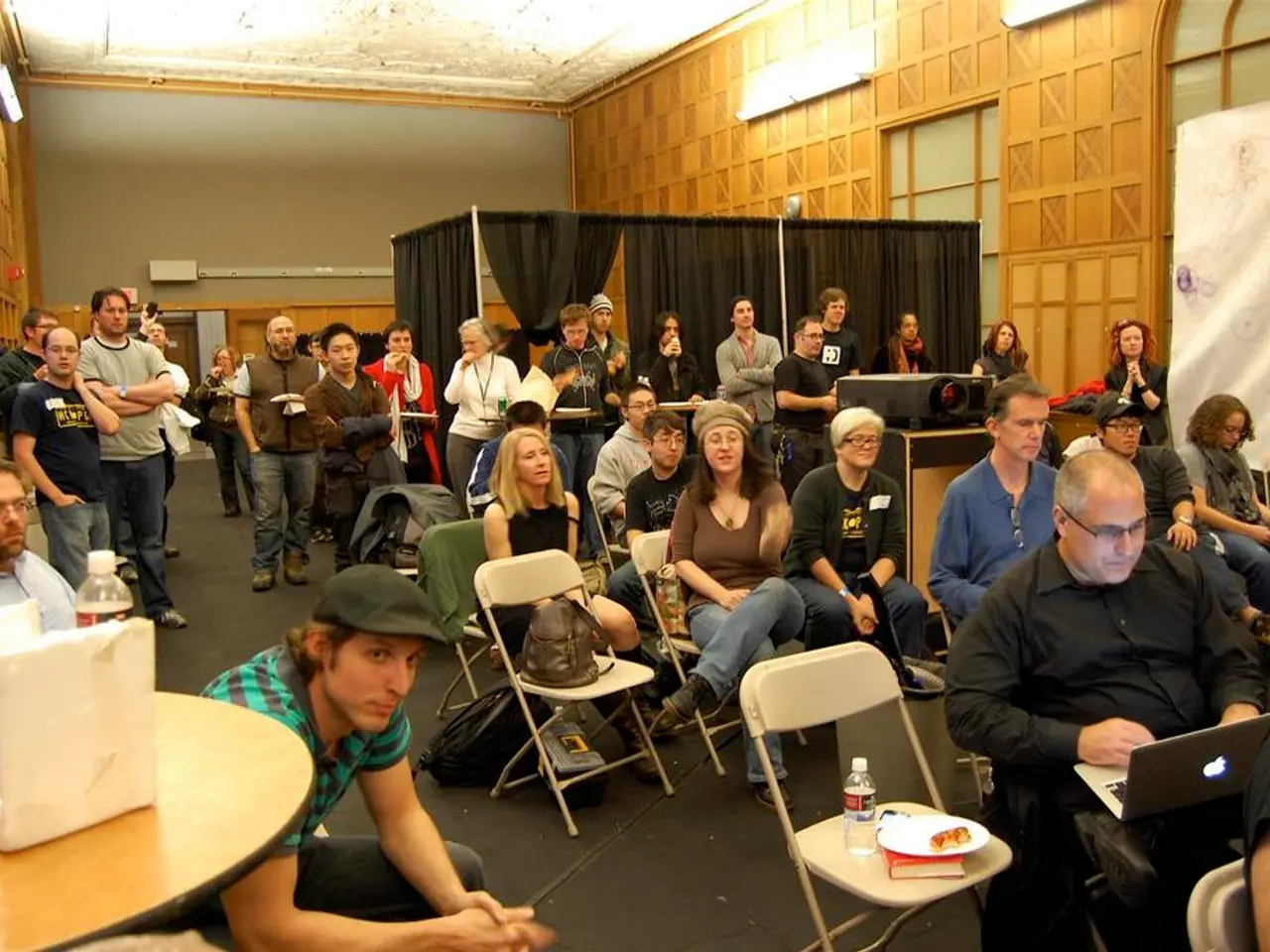Disturbing development: Steel summit meets with Economic Minister in charge - "Minister of Economic Affairs labeled the Steel Summit as 'extremely troubling'"
The German steel industry is grappling with a significant downturn, primarily due to ongoing economic weakness and intense foreign competition, particularly from Asia. This has resulted in a decline of around 12% in domestic raw steel production in the first half of 2025, reaching levels not seen since the 2009 financial crisis.
Weak domestic demand from key customer industries such as construction, mechanical engineering, and the automotive industry is a significant contributing factor to this decline. The industry is calling for a high-level political meeting, known as the Steel Summit, to address these challenges directly.
The Steel Summit, initially called for by the steel-producing federal states of Saarland, Bremen, Lower Saxony, and North Rhine-Westphalia, is intended to develop a joint steel strategy to secure jobs. The stated goal is to focus on competitive electricity prices in the short term and transition to climate-neutral steel production in the medium term.
Lower Saxony's Economy Minister, Grant Hendrik Tonne, has been at the forefront of these calls. He reiterates that Lower Saxony, as a central steel location, cannot and will not accept further difficulties for the key industry. From Tonne's point of view, the federal government should implement an industrial electricity price and reduce transmission network charges to bolster the industry's competitiveness.
Kerstin Maria Rippel, the CEO of the steel industry association, shares similar sentiments. She advocates for effective European trade and carbon leakage protection, competitive electricity prices and long-term reliability for energy supply, and policies supporting low emission domestic raw material procurement.
The urgency to act swiftly to prevent further industrial decline is underscored by all parties involved. The overarching goal is to restore competitiveness and stabilise steel production in Germany.
Notably, Lower Saxony's largest steel company, Salzgitter, has had to adjust its annual forecast for sales and earnings downwards due to the industry's struggles. Tonne demands that Federal Chancellor Friedrich Merz make the steel issue a political priority.
The Steel Summit, if successful, could provide a much-needed lifeline for the German steel industry, which is crucial to the country's economic health and employment.
- The German community is profoundly concerned about the current state of the steel industry, which is grappling with a significant downturn, especially due to the ongoing economic weakness and tough foreign competition from Asia.
- The decline in domestic raw steel production, amounting to around 12% in the first half of 2025, has been attributed to weak demand from key customer industries such as construction, mechanical engineering, and the automotive industry.
- To address these challenges, industry leaders are pushing for a high-level political meeting, known as the Steel Summit, aimed at developing a joint steel strategy to secure jobs and restore competitiveness in the industry.
- Lower Saxony's Economy Minister, Grant Hendrik Tonne, advocates for federal government intervention, including implementing an industrial electricity price and reducing transmission network charges, to make the steel industry more competitive.




